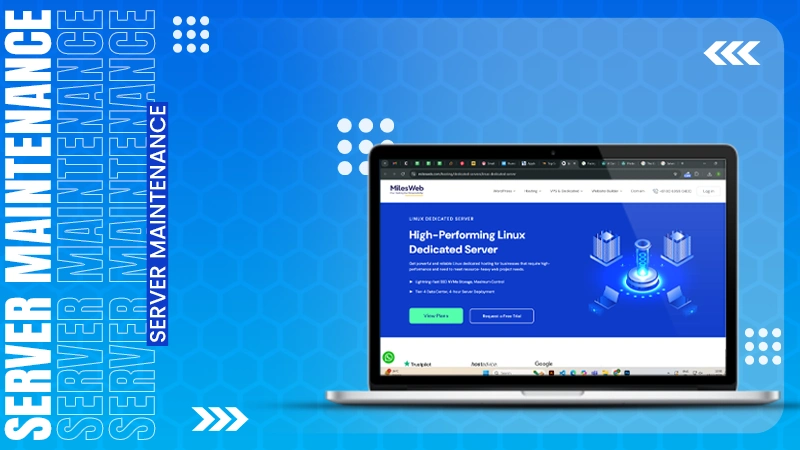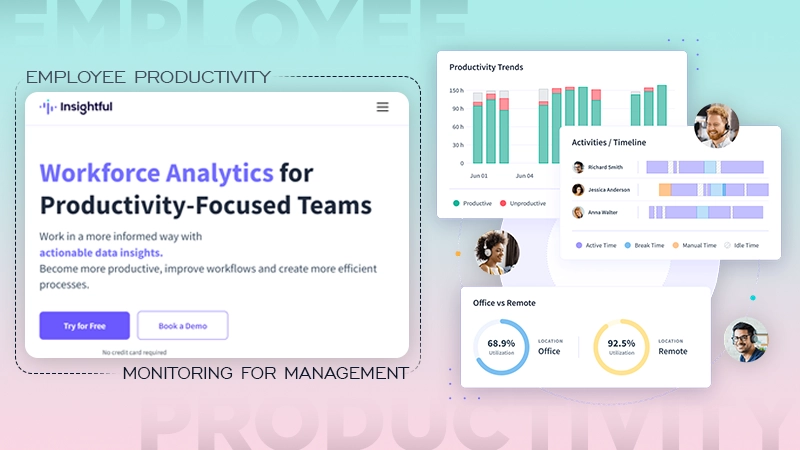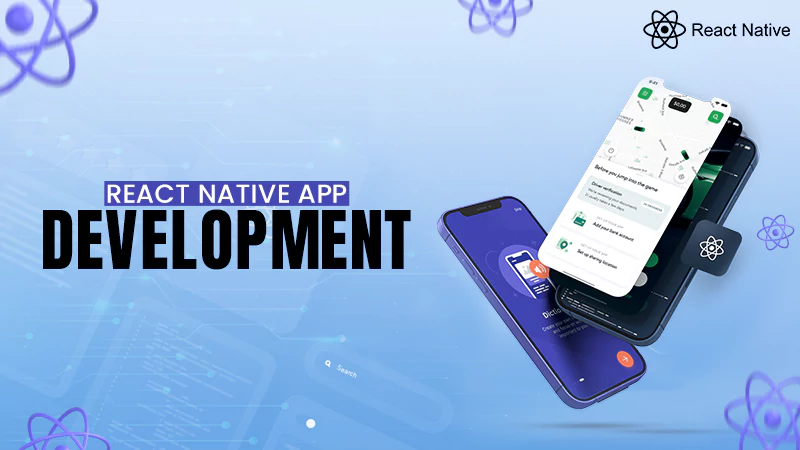The Future of Artificial Intelligence in Mobile Apps
Artificial Intelligence (AI) has transcended the realms of science fiction and firmly established itself as a transformative force in our digital landscape. In the world of mobile apps, it is not just a buzzword; it’s a game-changer.
It empowers personalization, enhances user experiences, streamlines application development, and strengthens security, especially when you like to play games for buffalo king max win.

Empowering Personalization
AI’s influence on them is most evident in the realm of personalization. Gone are the days of one-size-fits-all app experiences. Thanks to its algorithms, they now have the ability to understand and cater to individual preferences.
Regardless of whether it’s suggesting personalized content, recommending products, or tailoring the customer interface, it makes the world of smartphone applications more user-centric than ever.
For example, based on the user’s previous decisions and behavior, AI can generate customized news feeds, promote products, or even suggest music.
On top of that, AI-driven notifications and reminders provide timely information, improving users’ engagement. It also results in increased loyalty and satisfaction.
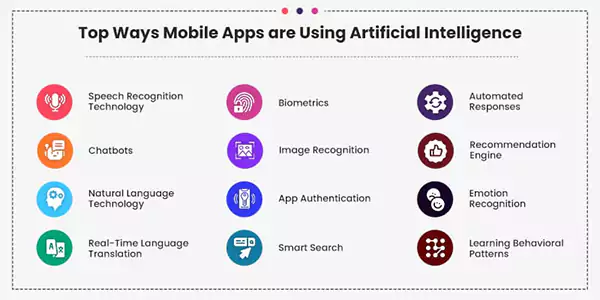
Enhancing User Experiences
User experience (UX) is at the heart of any successful mobile app, and AI plays a pivotal role in elevating it. Artificial Intelligence-powered chatbots and virtual assistants provide customers with immediate and personalized assistance.
Users receive instant responses to queries, troubleshoots, and access to information. This not only resolves these issues but also elevates the overall experience.
Moreover, AI-driven predictive analytics helps identify potential issues or bottlenecks within an app’s functionality. Anticipating their needs and addressing them proactively ensures smoother and more enjoyable customer journeys.
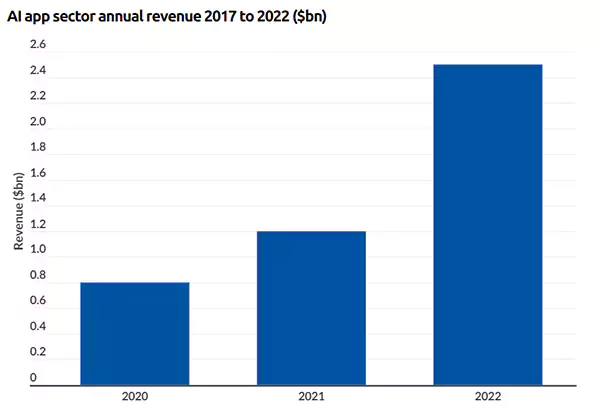
Revolutionizing App Development
It has simplified and expedited the mobile application development process. Developers can harness its power to automate repetitive tasks, such as testing and debugging, thus reducing growth time and costs.
Besides, AI-powered tools can analyze user behavior and provide insights that inform feature enhancements and updates.
For instance, if an e-commerce platform detects that a client frequently abandons their shopping carts during the payment process, it can pinpoint the issue and suggest optimizations to increase conversion rates.
This data-driven approach to its generation is invaluable in today’s competitive market.
Data-Driven Insights
AI’s role in mobile app development extends beyond the coding phase. It also serves as a valuable source of data-driven insights.
Continuously monitoring user interactions helps its algorithms uncover trends, preferences, and pain points.
Let’s take the example of a fitness platform. AI can analyze client data to understand which workout routines are most popular and effective. Armed with this information, it can offer personalized exercise plans, increasing customer engagement and satisfaction.
Security and Fraud Prevention
Nowadays, it brings an added layer of security to mobile applications. AI algorithms can detect unusual patterns of user behavior that may indicate a security threat. It safeguards users’ data by providing biometric authentication and fraud detection through advanced algorithms.
No matter whether it’s identifying fraudulent transactions in banking or flagging suspicious activity in social media apps, it helps protect customers and their data.
|
Ethical Considerations in AI-Powered Mobile Apps
While the integration of Artificial Intelligence into these platforms brings numerous benefits, it also raises vital ethical considerations. As they become more personalized and data-driven, the responsible use of it is significant.
Bias in AI algorithms is another pressing issue. If not properly trained and monitored, the systems based on it can inadvertently perpetuate biases present in the data they are trained on.
This can lead to discriminatory outcomes, particularly in areas like hiring, lending, and content recommendations. App developers must actively work to identify and mitigate bias in their systems to ensure fair and equitable experiences for all users.
Moreover, the responsible deployment of it in mobile apps requires ongoing monitoring and accountability. Developers should establish mechanisms for regularly auditing their AI systems to ensure they are working as intended and not causing harm.
Conclusion
AI’s integration into mobile apps is a transformative force, revolutionizing customization, improving user experience, optimizing development, and strengthening security.
However, ethical considerations require responsible use and continuous surveillance to ensure favorable and safe use interaction.
